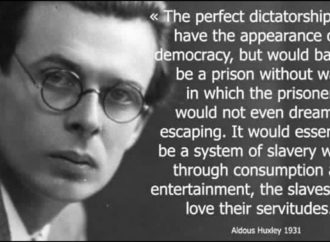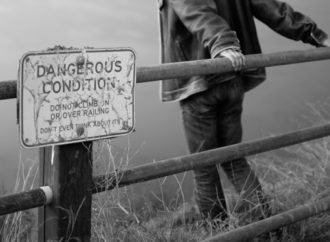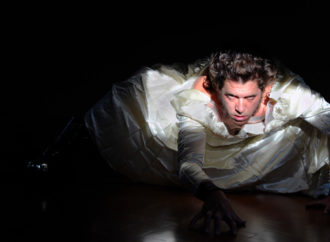If you start screaming and yelling, you’ve lost
MGTOW ESQ an attorney, joins DDJ on the show to talk about evidence. Are you a legal dummy like me? Well this is your episode.
DDJ and MGTOW ESQ talk about the differences between arguing vs. testifying in court. Legal battles are rightfully one of the hardest things to endure due to their emotional nature. Staying composed and collecting evidence are key if you are going to be successful. DDJ and MGTOW teach us how to do that.
MGTOW ESQ hooks us up and tells us the proper ways to submit and collect evidence. No… Going out with your camcorder to catch your ex cheating is not gonna fly in court.
A private investigator however, can do your bidding and preserve the integrity of the evidence in court. When it comes to evidence, there is something called the “chain of custody,” and this is critically important to convincing a judge in family court. If you continually present evidence that breaks the chain of custody, should you then have something credible, you run the risk of a judge dismissing it regardless of how useful it may be and “your entire case may be sunk.”
It’s vitally important that you find a family lawyer that doesn’t take the easy way out.
A lawyer that isn’t fighting to get you in front of a judge to let you argue your case isn’t doing you any favors.–MGTOW ESQ
MGTOW ESQ: “If you’re trying to assert something as complicated as, ‘my ex-spouse is crazy and she lies… That’s emotionally relevant to you, but it’s not even gonna be slightly important to the judge. They’re not gonna care. You can try and prove it though, by adding things to it… When you are making assertions that are charged, you have to be very level headed.”
You have to switch the emotions off when you are making these assertions. Because if you start screaming and yelling, you’ve lost. That’s a sure fire way to lose a case.–MGTOW ESQ
MGTOW ESQ: “One of the most important things you can do with evidence, you want to try and produce it… the service of process cannot be accomplished by a party to a case. It has to be produced by a neutral third party…”
If you are presenting evidence, you want to present it in a way where you don’t even need to be there (in court) to have the evidence carry weight. So in other words, you should never be the originating source of the evidence.–DDJ
DDJ: “If you are the one going out and doing it (collecting evidence), you could (potentially) bias the evidence and you break what’s called ‘The Chain of Custody.’ If you don’t have a valid chain of custody, that’s where your evidentiary arguments break down.”
DDJ and MGTOW ESQ are both a wealth of knowledge. This episode is a lifeline for men ascending the hill of family court. Bring your notebook and put your thinking caps on.
































Leave a Comment
Your email address will not be published. Required fields are marked with *